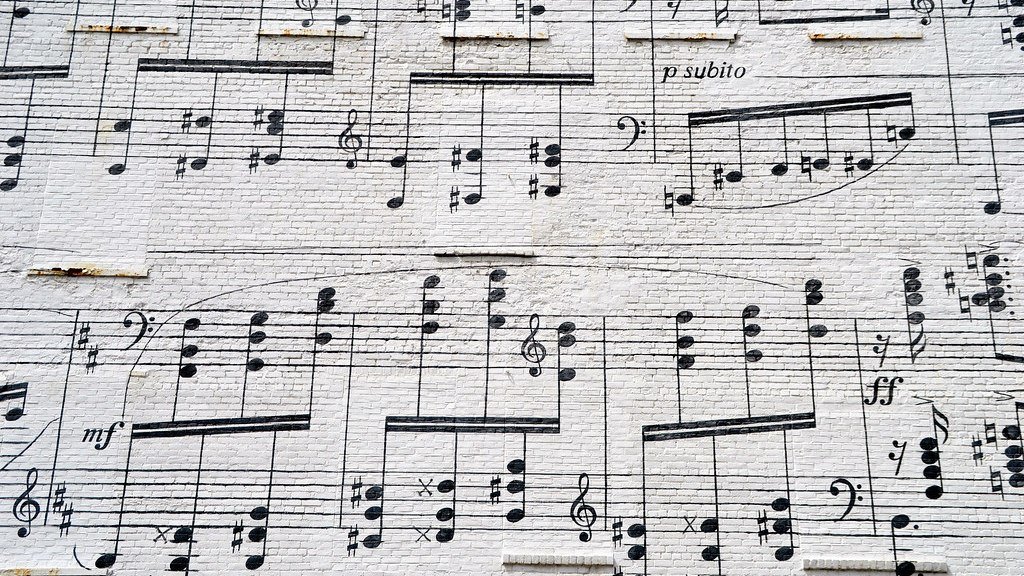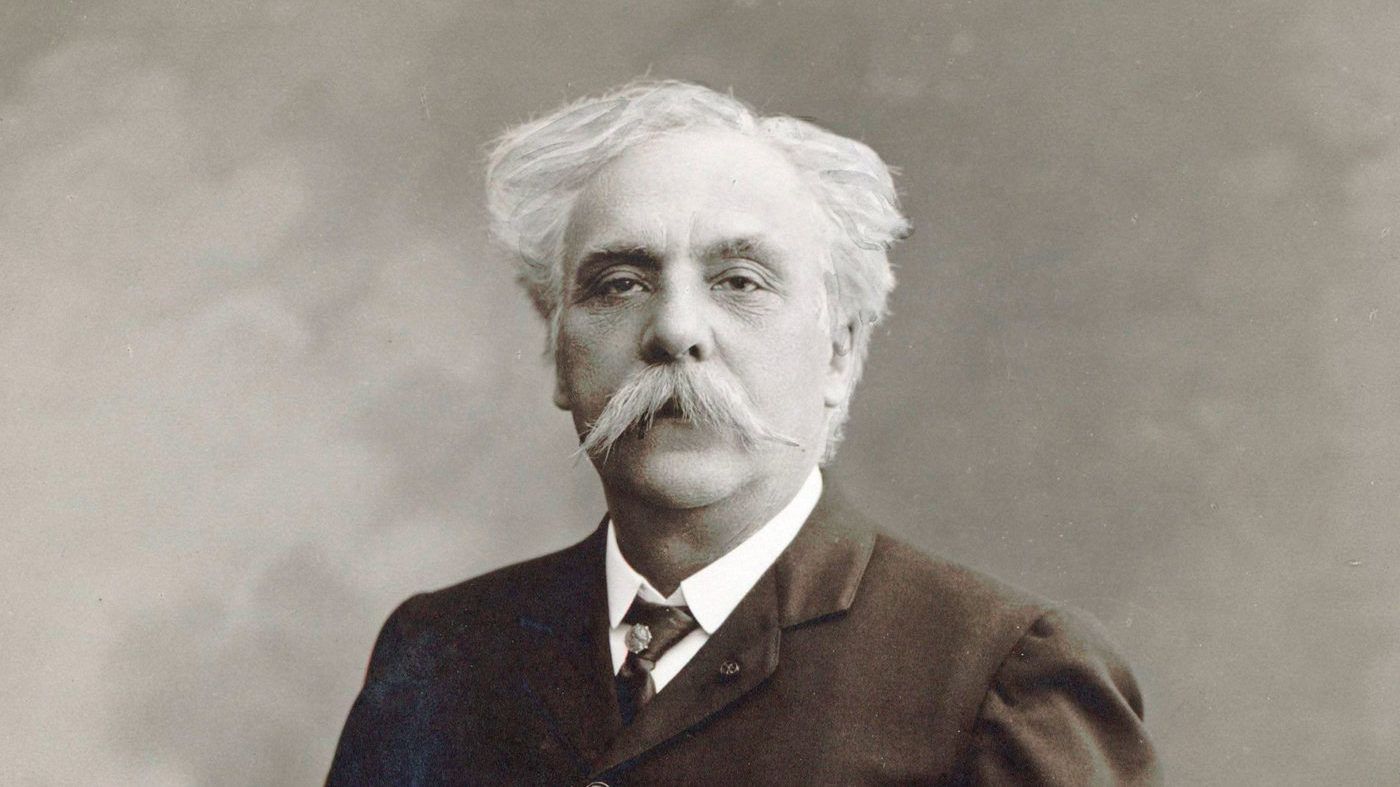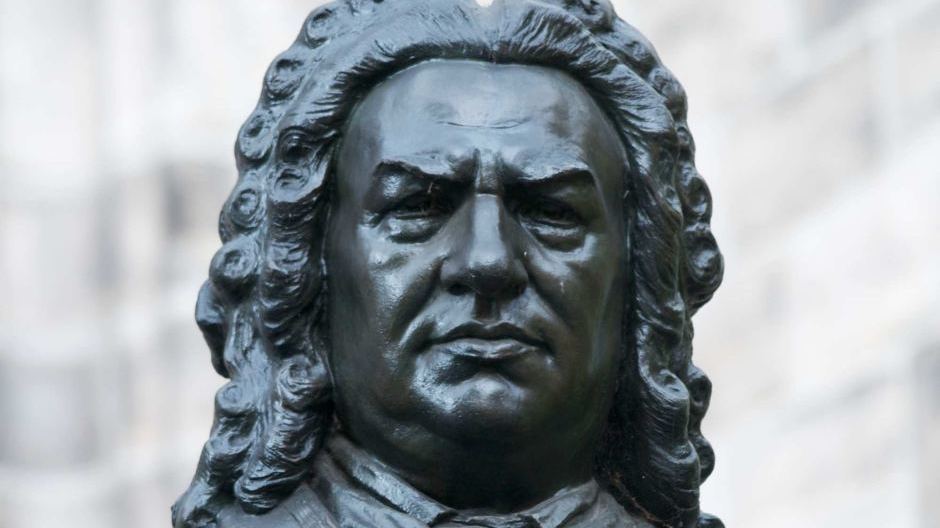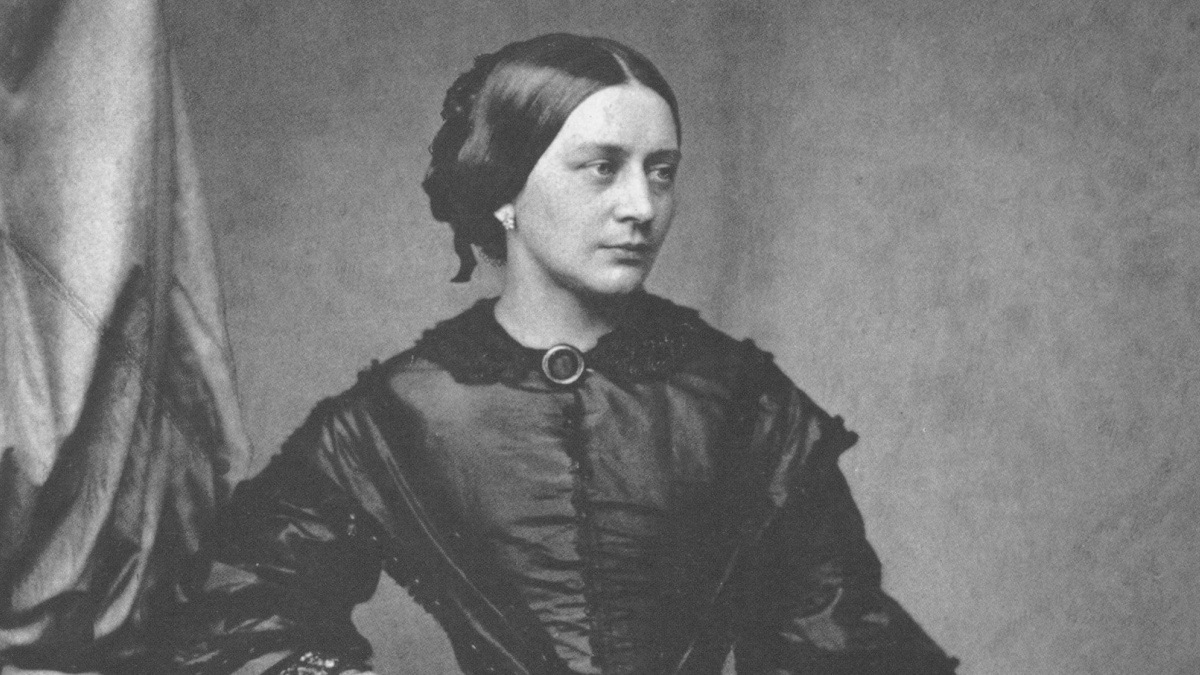Bach’s Chorale Prelude, “In dir ist Freude”: The Evolution of a Melody
Short-short-short-long… This is the motif which famously launches Beethoven’s Fifth Symphony. This brief, tightly wound kernel pervades the first movement, and then returns throughout the Symphony. Although Beethoven’s use of this motive may be the most memorable and persistent example, the “short-short-short-long” rhythm is a common building block throughout music. It’s infused with a natural sense of forward motion, moving “from here to there.” For example, listen to the majestic and expansive …







